
First Frost by Sarah Addison Allen
Genre: contemporary it/ magical realism
I read it as a(n): paperback
Length: 294 pp
Her Grace’s rating: 4 out of 5 stars
The Waverley women are just a little different. They each have a talent that is unexplained, such as Claire being able to bake health into her food, or Bay always knowing where things and people belong. They have an apple tree that blooms out of season and that throws apples at people it doesn’t like. I want an apple tree like that.
This was a sweet and magical read about family, finding one’s own place, and necessary changes. The tone reminds me of Practical Magic, which is a high compliment. It is only the second book I’ve read by Sarah Addison Allen but I have loved them both and plan to read more by her.

Minimalista by Shiri Gill
Genre: nonfiction/ minimalism
I read it as a(n): hardback
Length: 308 pp
Her Grace’s rating: 5 out of 5 stars
I can’t remember where I heard about this book but I’m big on minimalism – heh. I made a pun – and the way this book was broken down appealed to me. Even though I have my own ideas for how to minimize my home, I always like to learn about other techniques and how other people do it. I learned a few new tips and tricks in this book, which had some terrific commentary and lovely photos.

The Sun Down Motel by Simone St. James
Genre: horror
I read it as a(n): hardback
Length: 326 pp
Her Grace’s rating: 3 out of 5 stars
The Sun Down Motel was supposed to be a money-maker for its owners, who were banking on the fact that a theme park was going to be built in the small town of Fell, NY and it would become a tourist destination. But the theme park fell through and was never built, the Sun Down Motel fell into disrepair, and now it’s only fit for the ghosts and the men who made them.
I’m not generally a fan of horror – I can’t suspend my disbelief long enough to buy into the paranormal – but this was a pretty fun read. It was mostly a mystery following 2 generations of women. There were ghosts but they were mostly there to help and didn’t take up a ton of time on the page.

Cover Story by Susan Rigetti
Genre: contemporary lit/ mystery
I read it as a(n): hardback
Length: 354 pp
Her Grace’s rating: 2 out of 5 stars
If Catch Me If You Can met The Devil Wears Prada and Inventing Anna, you would have this book. Lora wants nothing more than to become a writer and an editor at ELLE magazine. She’s thrilled when she lands an internship at ELLE, where she promptly falls in with Cat Wolff, a contributing editor and mysterious socialite.
I liked that this story was told through Lora’s diary entries, emails between a few people, and FBI investigation documents. Mostly, though, there was absolutely nothing original about this story at all. It was a fast read, at least, but I suspected the ending about a quarter through, and figured it out entirely well before the end.

A Woman Is No Man by Etaf Rum
Genre: contemporary fiction
I read it as a(n): hardback
Length: 337 pp
Her Grace’s rating: 3 out of 5 stars
A sort of dual timeline story about Isra, a young Palestinian woman whose arranged marriage brings her to Brooklyn, and her daughter, Deya, who is rebelling against the cultural expectations she is facing with her own arranged marriage looming.
This was well written and I think it’s important to have novels that explore the experiences of women living in conservative and/or fundamental religious cultures. It was, however, fucking relentlessly depressing and I would kill myself if I had to live the lives of any of the women depicted in this story.

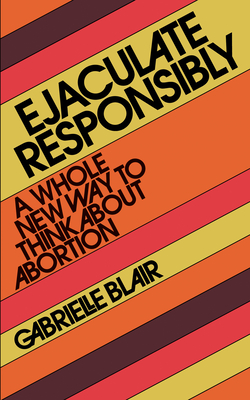




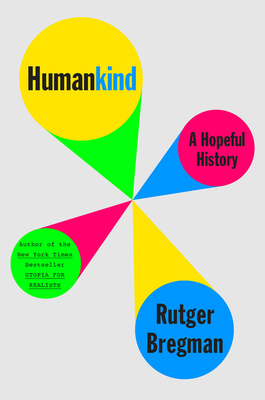 Humankind: A Hopeful History
Humankind: A Hopeful History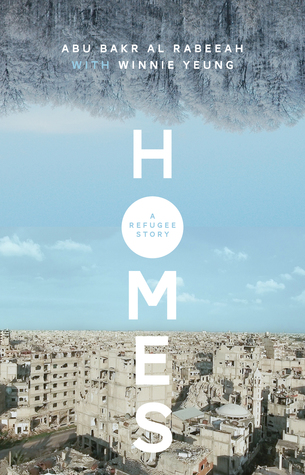 Homes: A Refugee Story
Homes: A Refugee Story 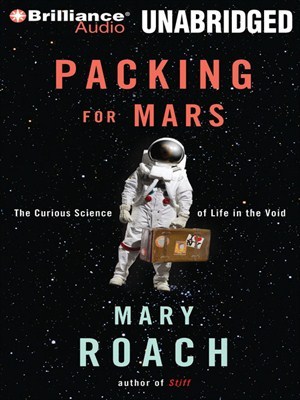
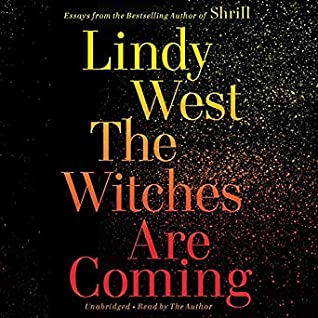 The Witches Are Coming
The Witches Are Coming  Outgrowing God
Outgrowing God